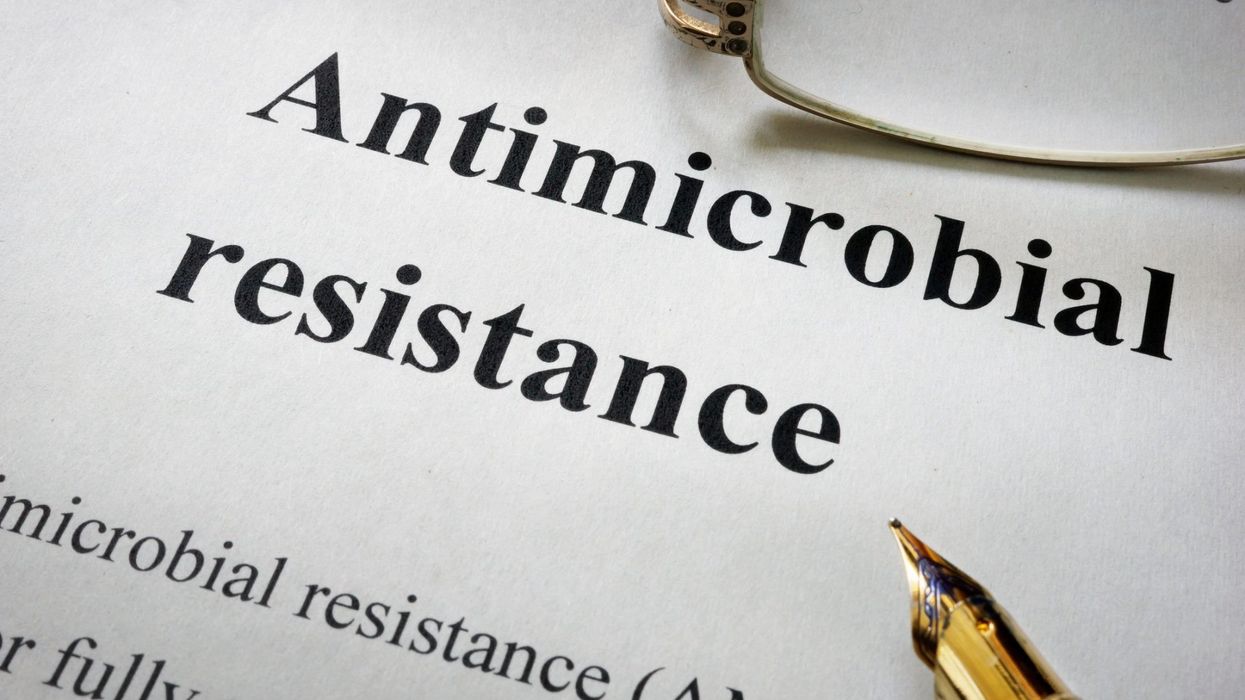A probiotic drink could successfully fight antibiotic-resistant bacteria, according to researchers.
The scientists from the University of Birmingham, who are now seeking funding for a clinical trial for the drink, claim it has the potential to work against many resistant bacteria commonly found in human gut including E. coli, Salmonella and Klebsiella pneumoniae.
The drink works by targeting small DNA molecules, called plasmids, inside bacterial cells.
Plasmids frequently carry genes that give resistance to antibiotics, which the bacteria can use. The plasmids replicate independently, spreading between bacteria and carrying resistance genes with them.
According to the findings, published in PLOS One, scientists were able to displace the resistance genes available to the bacteria, effectively ‘re-sensitising’ them to antibiotics.
“We were able to show that if you can stop the plasmid from replicating, then most of the bacteria lose the plasmid as the bacteria grow and divide. This means that infections that might otherwise be hard to control, even with the most powerful antibiotics available, are more likely to be treatable with standard antibiotics,” said Lead Researcher Professor Christopher Thomas.
The Yakult-like drink will contain bacteria carrying a new type of plasmid named pCURE plasmids.
“We manipulated our pCURE plasmids to incorporate genes that block the replication of the resistance plasmid. We also target the plasmid’s addiction system by designing our pCURE plasmids to ensure the antidote is still available to the host,” Prof Thomas explained.
The pCURE plasmid carries a stable toxin and an unstable antidote into the host cell. If the plasmid is lost from the cell, the antidote breaks down, leaving the harmful toxin to attack its host and stop the drug-resistant bacteria from duplicating. The antidote ensures that the cells who have lost the resistant genes survive and take over the gut.
Researchers found that by doubling the number of copies of the pCURE plasmid in each bacterium it became very effective at displacing different types of resistance plasmids and would spread through laboratory cultures unaided, to clear out resistance.
In collaboration with researchers from the University of Sydney, Australia, they also successfully tested it in mice.
“This is a promising start,” said Professor Thomas, adding: “We aim to make modifications to further improve the efficacy of our pCURE plasmids before moving towards a first clinical trial.
“Antibiotic resistance is one of the biggest medical challenges of our time. We need to be tackling this on a number of different fronts including by reducing our use of antibiotics and searching for new, more effective drugs. Our approach, which tackles one of the causes of antimicrobial resistance at a genetic level, could be an important new weapon in this battle.”











